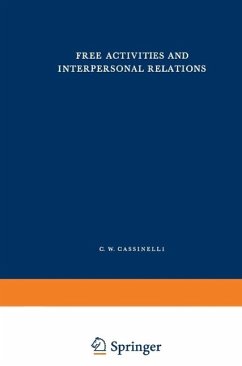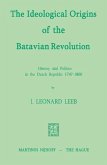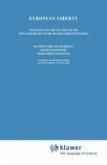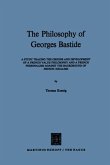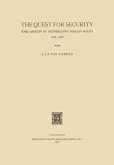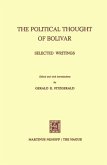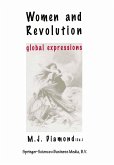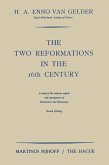Social scientists have become increasingly aware that their work de pends upon adequate concepts of certain basic relationships among the people who comprise polities, economies, and societies. Government and politics, in particular, appear to consist almost exclusively of re lationships of power, influence, control, authority, leadership, coercion, persuasion, and manipulation. Even the most common and elementary statements of political science - that, for example, the Rio Grande is part of the boundary between Mexico and the United States and members of Congress are chosen in competitive elections - cannot be clear and unambiguous without the use of precise concepts of power and control. The subject matter of the political scientist also appears to raise more questions of evaluation than the economist and sociologist are required to resolve. Questions about the best form of government have always been central to political thought, and recent challenges to the theory, appeal, and suitability of democracy have evoked many at tempts to justify it. This attention to evaluation has inevitably involved the perennial issue of human freedom, and although political scien tists have written much about the desirability of freedom, they have only infrequently attempted to analyze the concept of freedom.
Dieser Download kann aus rechtlichen Gründen nur mit Rechnungsadresse in A, B, BG, CY, CZ, D, DK, EW, E, FIN, F, GR, HR, H, IRL, I, LT, L, LR, M, NL, PL, P, R, S, SLO, SK ausgeliefert werden.

